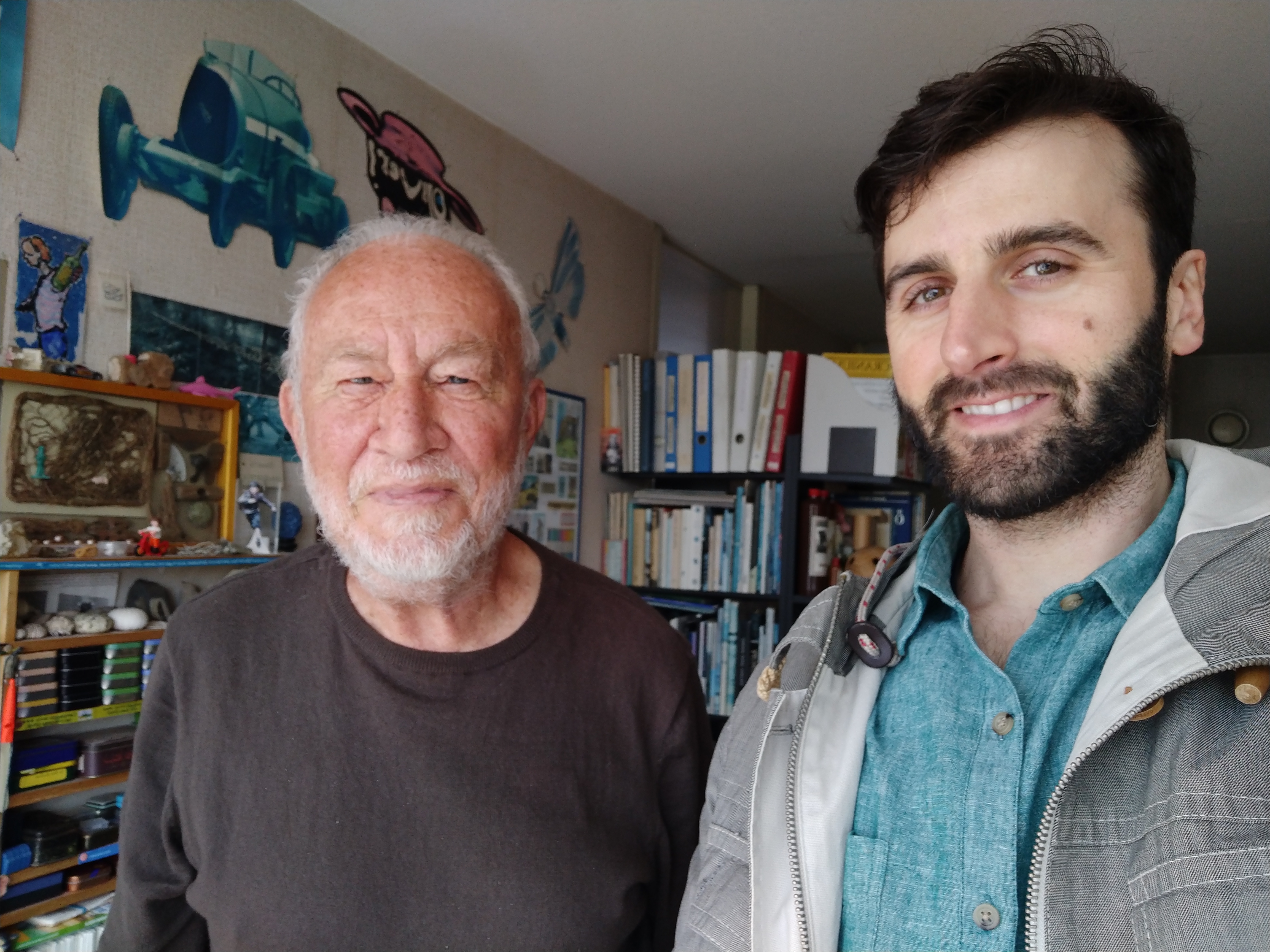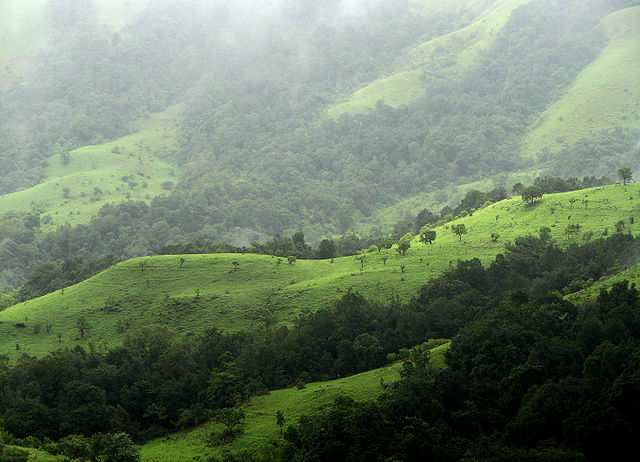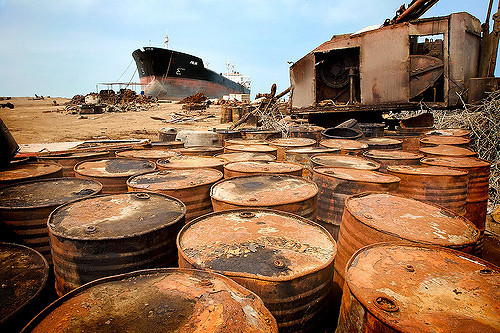Tony Pierce talks to people for a living. They tell him about how life is these days, what jobs they do, what challenges they face, and what they make of the crazy world around them. As a longtime resident of LA and blogger extraordinaire, who better to hear from during a pandemic to learn how life is for Angelinos. We discuss things like how LA feels today, what is good about working from home in this crisis, and how people are coping in different communities. We also look back on our glorious past and how we got here internet-wise. Also safe places to park your plane or new car. Today on the podcast, we spend the hour with the great Tony Pierce!
Tag Archives: environment
The Battle To Protect Kudremukh
Kudremukh National Park got its status in 1987. Unfortunately it was the target of Iron-ore extractions since the 1960s. Over the years instead of halting the mining, the company found ways to continue. That is -until a group of concerned and determined activists came together to bring about an end to the mining in 2005.
Niren Jain was part of this group that dared to take on the powerful forces in business and government. Their story is one of success but also struggle, as part of a battle that should be over, but somehow, finds new ways of carrying on.
Today on the podcast, in Mangalore, Karnataka, we hear the story of how mining was stopped in Kundremukh, and the aftermath of such a momentous achievement.
Break Down: The Struggle For Responsible Ship Recycling
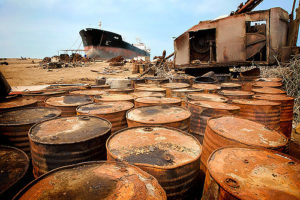
Additional Link:
How Do We Get There From Here
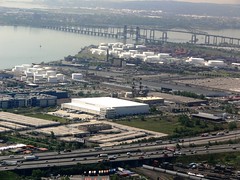
As the sun disappears behind the concrete horizon, I look across the 10 lanes of highway that are currently all filled with cars moving extremely slowly. Everyone in their own vehicle on their way back from work heading home, everyone hoping this traffic will clear up, just as they hope everyday around this time. The highway is massive and bleak, with shards glass and tiny nondescript car pieces along the shoulder. The sound barriers couldn’t possibly block out all this sound, but communities along the highways of New Jersey figured that out long ago. Most of them are used to the 24 hour, year after year sound of trucks and cars roaring in the direction of New York or Pennsylvania.
This is New Jersey in 2012. This was New Jersey in 1992. A few decades pass, but other than the shape and design of the newer cars on the road, the feeling has not changed. If anyone happens to tune into news in the car, they could surely hear a report about the state of the world, specifically about the environment and the point to which humans are pushing it through our own collective behavior. But thats just on the news, the story out there is doing the daily routine. Getting through the day. Making that car payment. Paying that mortgage. Living that life we were taught to live.
Along the highway, between the occasional tree or building, there are the billboards. One in particular is for solar energy for your home. There’s a phone number under a picture of a solar panel. I wonder how many people have dialed it and how things are working out for them. A Prius pulls in front of me, I almost forgot there were hybrid vehicles out here among the SUV’s and livery cabs. The exit ramp takes me around and over the highway, the bridge I grew up crossing everyday looks worn and crumbling. The etched date in the concrete reads: 1974. I wonder how much we’ve really learned since then.
Our Gadgets, Our Planet
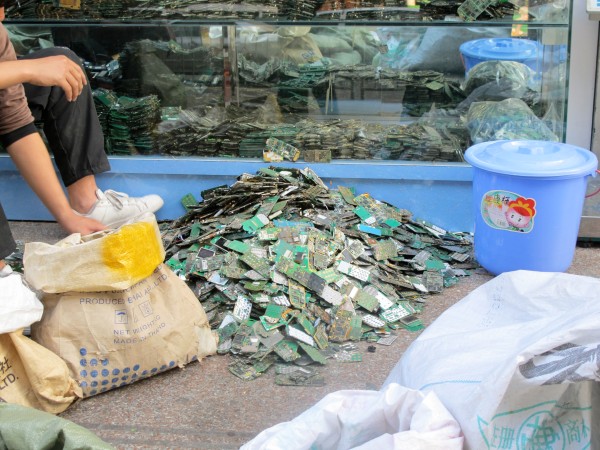
This week I will meet up with David Kousemaker of TechTravels to interview him about his work on the issue of where our old gadgets end up. More specifically we will delve into a topic that the mainstream world only occasionally alludes to when they mention how “somewhere in China” our old computers and phones are painstakingly recycled in the most horrendous of conditions. Amazingly such an alarming statement is taken as almost cliché when you look at how rarely media outlets get deeper into this issue.
But over the past few years, David Kousemaker has done just that. In fact, he has gone beyond what most any other newspaper or reporter has ever uncovered in places like China, Indonesia, and Brazil, delving into not only what gets recycled but who does the recycling, how they live, where different phases of the process take place and so on. His findings have been documented in text and photos on his website, Techtravels.
The idea behind meeting David, besides learning first hand details about these people, places, and activities, is to also get a better picture of the global game of electronics disposal. With all the devices we have gone through and will go through as we upgrade, replace, and go for the next thing, what happens to all these gadgets? What impact are we who buy these devices and later get rid of them, having on society and the planet? This week, we get more answers to these and other questions…

